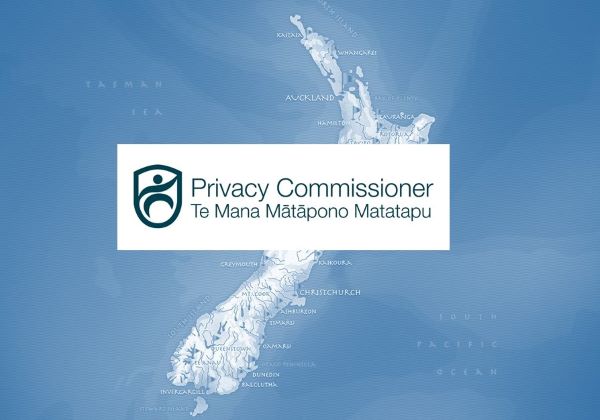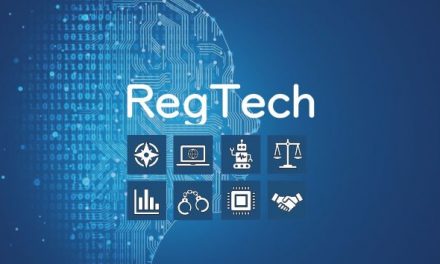From the Office of the New Zealand Privacy Commissioner:
Police privacy breach underscores the need for stronger privacy laws
Police were forced to shut down the online gun buy-back database this week after it was discovered gun owners’ personal information could be accessed by unauthorised users. Kate Macnamara argues that the incident shows the public sector is not meeting its privacy responsibilities, as stronger laws are set to come into force next year. Read the full story here.
Gun buy-back data breach: Privacy should not be an after thought
Government agencies and the police have been told to lift their game in protecting personal details after a breach in the gun buy-back scheme allowed names and addresses to be viewed. Police have blamed third party German software company SAP for the breach, but privacy experts say that is not good enough. Listen to the full story on RNZ here.
Privacy concerns over police’s new facial recognition system
NZ Police has enlisted the services of American company Dataworks Plus to design a “state of the art” facial recognition system, to be rolled out in 2020. But privacy experts warn that, without careful supervision, such systems could represent another step in the direction of an Orwellian surveillance state. Read more here.
Privacy obligations: What business needs to know ahead of new law
The Privacy Act has been setting the boundaries for our right to privacy, especially the collection and disclosure of our personal information, since 1993. That’s set to change next year when the Privacy Bill, which will replace the 1993 Act, is expected to become law. Listen to Kathryn Ryan’s interview with privacy specialist Tania Goatley on RNZ here.
China brings in mandatory facial recognition for mobile phone users
All mobile phone users in China registering new SIM cards will now have to submit to facial recognition scans. The guidelines require telecom companies to deploy “artificial intelligence and other technical methods” to check the identities of people registering SIM cards. Read more here.
US public school district introduces “Data Deletion Week”
Tech companies who provide technology to US public schools in the district of Montgomery will now have to purge the data they collect on students once a year. Parents expressed fears about having detailed educational data about their children, like how quickly they complete their homework, being fed into the enormous black box of the data mining industry. Read more here.
How to be active on social media while protecting your privacy online
Last year, ABC journalist Osman Faruqi’s phone number was published to Facebook by a far-right activist, resulting in a stream of abusive messages. Faruqi found that old social media accounts harboured information about him he didn’t know was still online and forced him to reconsider how to balance being active online while maintaining privacy. Read his tips for staying safe online here.
We no longer expect privacy – but you can change that
In an age where big tech’s powerful privacy-invading online products proliferate, there is a sense that we have replaced our right to privacy with the right to know everything about everyone all the time. Yet people still care about their privacy, and we have the power to influence a cultural shift away from the small, everyday privacy invasions that technology promotes. Read more here.


























